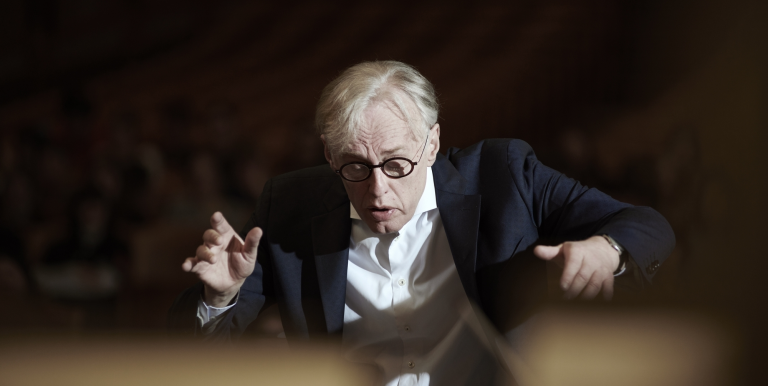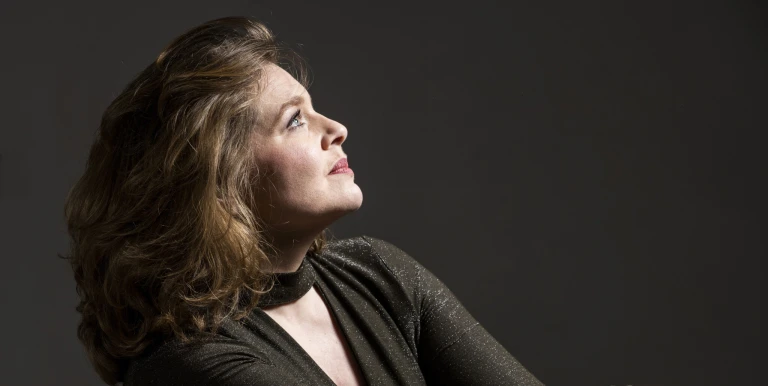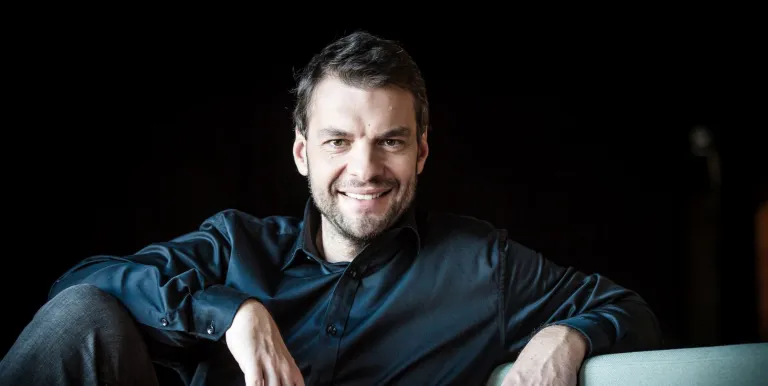one interval
Conductor:
Featuring:
Haydn
Symphony No. 100 in G major ("Military”), Hob. I:100
Haydn
Scena di Berenice - concert aria (Berenice, che fai?), Hob. XXIVa:10
Schubert-Liszt
Die junge Nonne, D. 828
Schubert-Liszt
Gretchen am Spinnrade, D. 118
Liszt
Jeanne d'Arc au bûcher - dramatic scena for soprano and orchestra (Hungarian première,1858 version)
Liszt
Festklänge - symphonic poem
The Austrian Martin Haselböck is an extraordinarily versatile individual: he is a choirmaster, organist, orchestra founder and musicologist. The early music expert will conduct the works of Haydn at the front of the Hungarian National Philharmonic Orchestra. After the interval, as a recognised interpreter of Liszt, he will lead the orchestra in, along with two orchestrations Liszt made of songs by Schubert and a rendition of a rarely played symphonic poem, the Hungarian première of an obscure work. Haydn's concert aria, the two song transcriptions and Liszt's dramatic scena will be interpreted by the outstanding young Hungarian talent Réka Kristóf, a soprano who rose to prominence through her performances in the Virtuózok television show.
Joseph Haydn composed his Symphony No. 100 in G major on his second trip to London (1794-95). The second movement, Allegretto, is from time to time dashingly driven forward by various percussion effects ("Turkish” military instruments, in fact, which were fashionable at the time). This, together with the trumpet fanfare towards the end of the movement, earned the symphony its "Military” nickname. Composed at the same time as the symphony, and similarly linked to Haydn's second London trip, is the Scena di Berenice, which creates a dramatic atmosphere on the concert stage in the form of a concert aria - a popular genre of the era. The text comes from an excerpt of Antigono, an opera by Pietro Metastasio. Weeping for Demetrio, Berenice laments her bitter fate, yearning for her lover to become her companion in death. Schubert's two songs, Die junge Nonne ("The Young Nun”) and Gretchen am Spinnrade ("Gretchen at the Spinning Wheel”), both originally accompanied by piano, offer insight into the mysteries of the female soul from different perspectives. In another scena as dramatic as Hadyn's Berenice, Liszt's Jeanne d'Arc (1845-1874/75) features Alexandre Dumas's poetry set to music. Although the version of this composition written for piano accompaniment has also survived, this time the audience will get to know the so-far unpublished 1858 orchestral score. The programme will conclude with Liszt's symphonic poem Festklänge, which made its world premiere in 1854 as preliminary piece before a performance of Schiller's dramatic poem, Die Huldigung der Künste.
Presented by: Hungarian National Philharmonic
-
We wish to inform you that in the event that Müpa Budapest's underground garage and outdoor car park are operating at full capacity, it is advisable to plan for increased waiting times when you arrive. In order to avoid this, we recommend that you depart for our events in time, so that you you can find the ideal parking spot quickly and smoothly and arrive for our performance in comfort. The Müpa Budapest underground garage gates will be operated by an automatic number plate recognition system. Parking is free of charge for visitors with tickets to any of our paid performances on that given day. The detailed parking policy of Müpa Budapest is available here.










